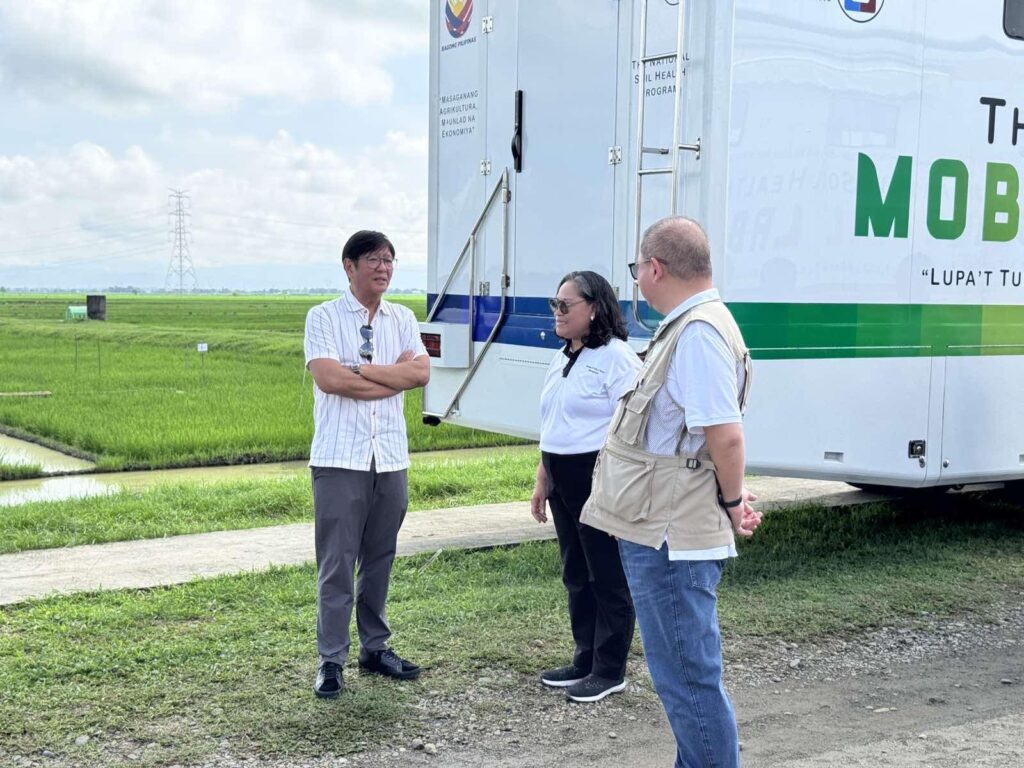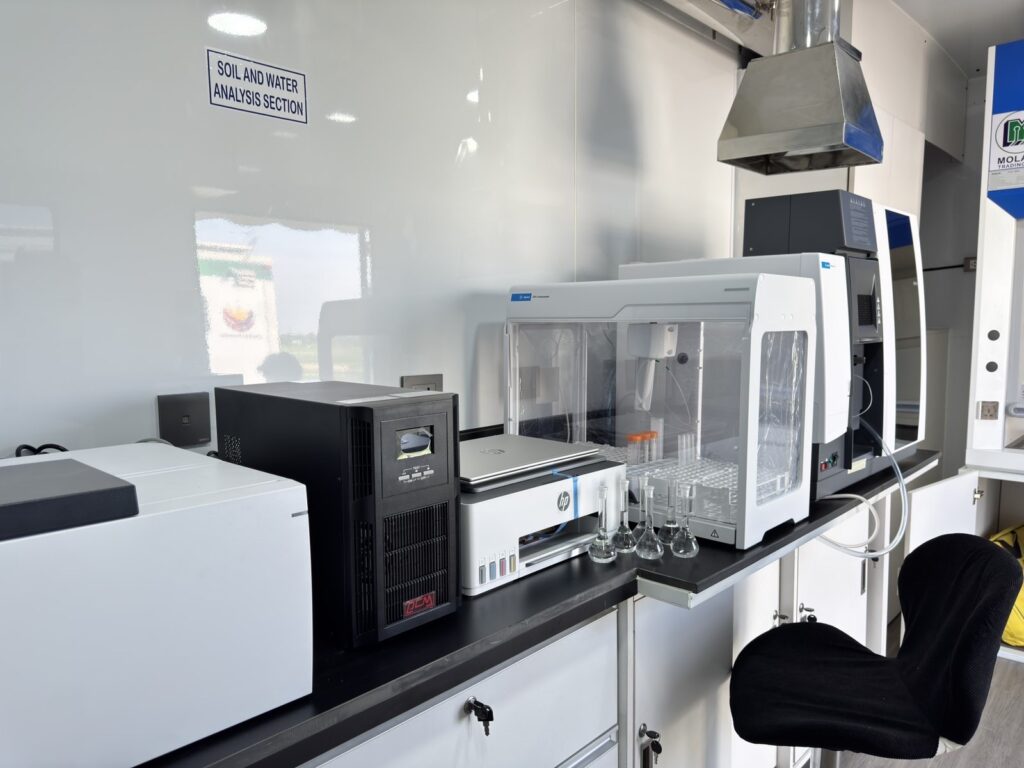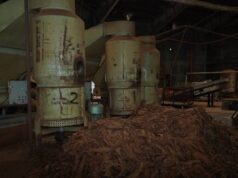
SCIENCE CITY OF MUÑOZ, Nueva Ecija (PIA) — President Ferdinand R. Marcos Jr. led the formal roll-out of mobile soil laboratory units in every region of the country, beginning with the official deployment held at the Philippine Rice Research Institute (PhilRice).
This initiative is part of the Department of Agriculture’s (DA) National Soil Health Program, implemented through the Bureau of Soils and Water Management (BSWM), which aims to improve soil quality in order to boost agricultural production.


The deployment of 16 mobile soil laboratories in the regions is part of the Department of Agriculture’s (DA) National Soil Health Program, implemented through the Bureau of Soils and Water Management (BSWM). It aims to boost agricultural production through nutritious and healthy quality of soil. (Aldrin Joshua Mallari/PIA 3)
During the ceremonial turnover, Marcos Jr. personally turned over the keys of the 16 newly-commissioned ten-wheeler trucks which are configured as mobile soil laboratory vehicles designed to provide on-site soil testing and analysis in rural areas.
Each unit is equipped to analyze 44 key parameters, including soil chemical, physical, microbiological and water quality characteristics, to help provide accurate and timely results to the agricultural sector and stakeholders.
Nueva Ecija, known as the rice granary of the Philippines, was among the first provinces to receive and utilize the services of the mobile soil laboratory, along with Tarlac.
To date, over 1,500 soil samples covering approximately 30 hectares of farmland have already been analyzed and tested.
The roll-out also coincides with the 74th and 127th founding anniversaries of the DA and BSWM, respectively.
It is rooted in the legacy of former President Ferdinand E Marcos Sr., who issued Presidential Decree 1435 in 1978, which authorized the BSWM to supervise, regulate and control the establishment and operations of all soil laboratories in the Philippines.
Meanwhile, BSWM Director Gina Nilo urged the farmers to adopt the use of organic fertilizers for their soil to be healthy.
For instance, she said that fermented plant juice provides nitrogen to help plants to grow faster, as this contains enzymes and beneficial bacteria that help make the soil healthier and more nutritious. (MJSC/SFV, PIA Region 3-Bulacan)




